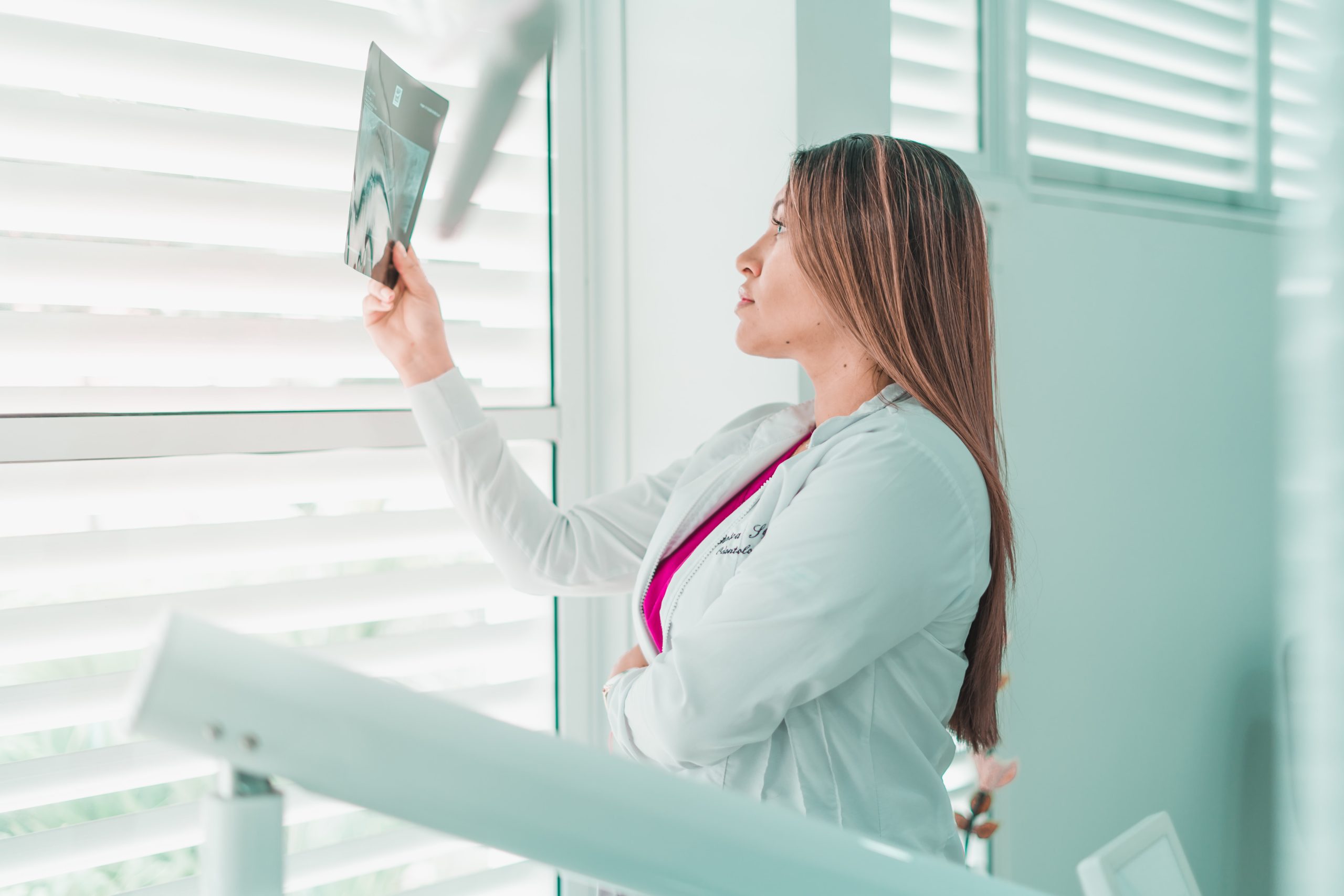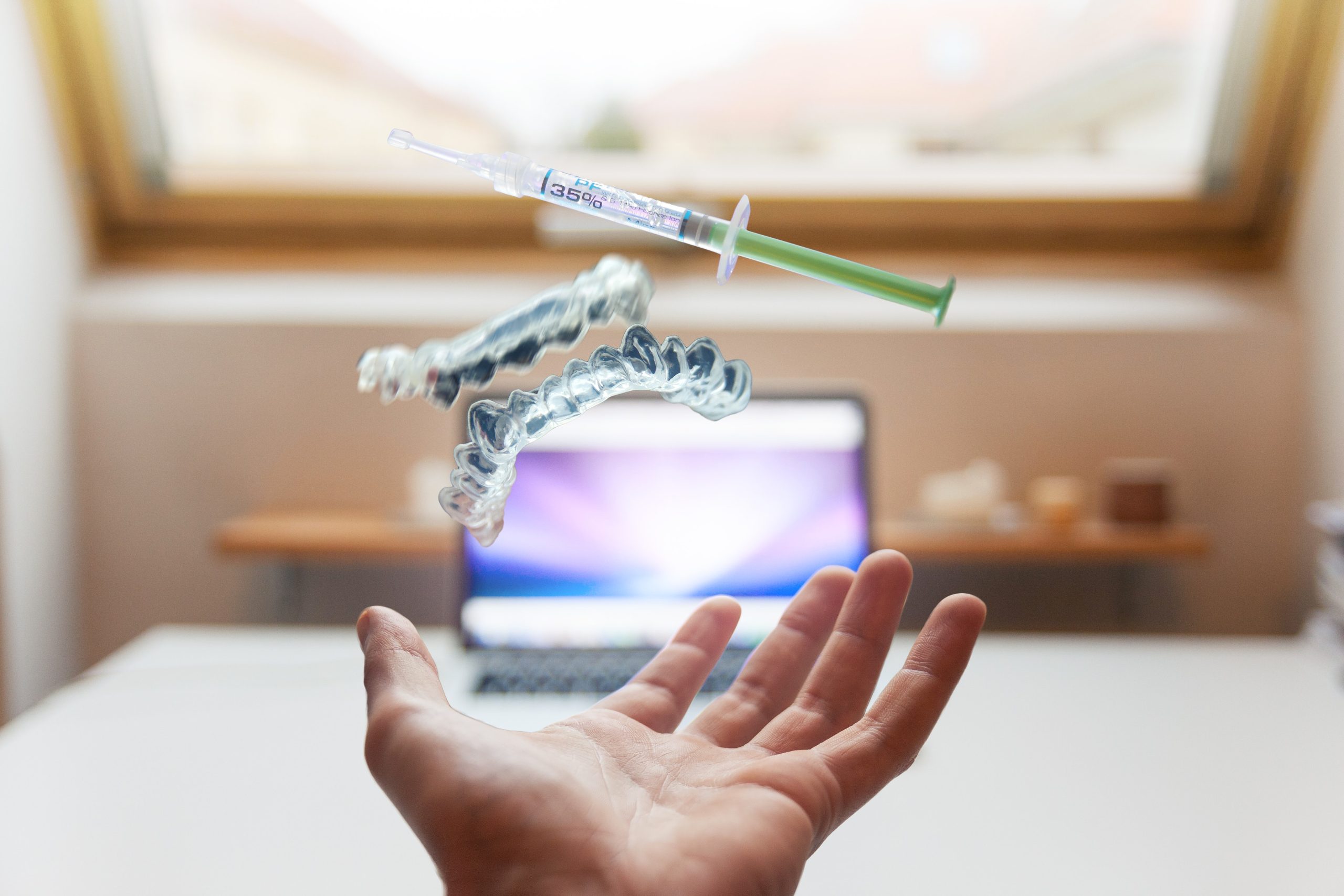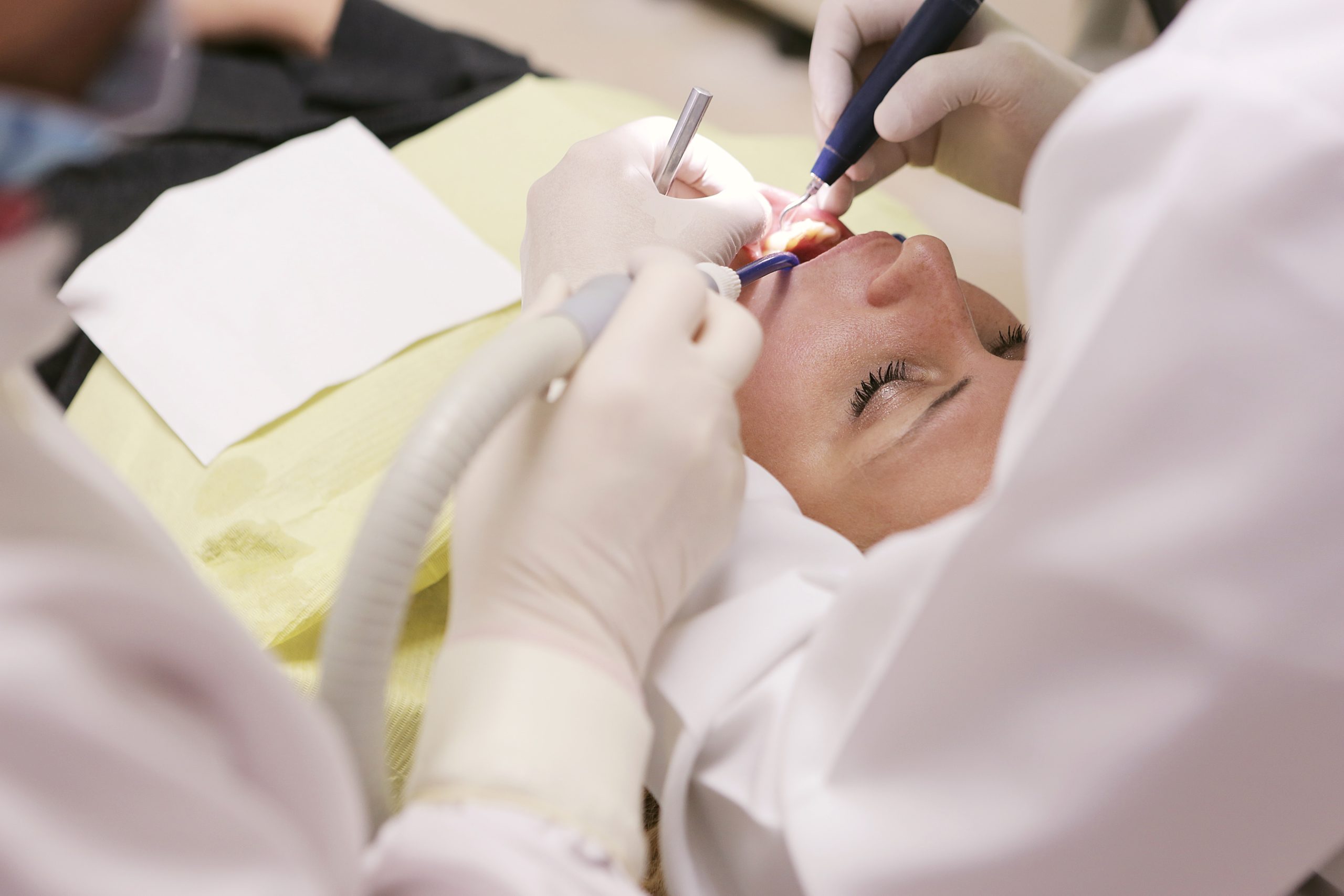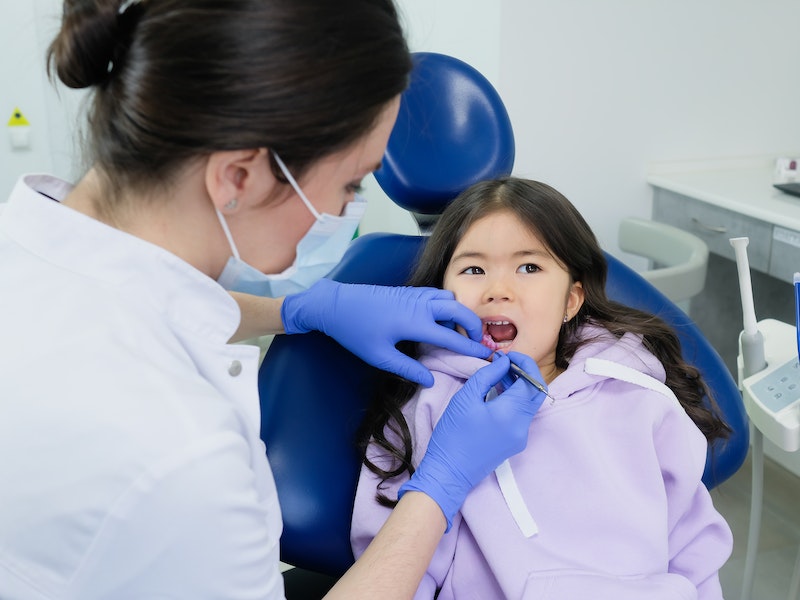Why Consider Immediate Dental Care for Dental Trauma?
Oral health is important, and time becomes the most valued asset when a dental emergency happens. Immediate response can significantly affect the outcome of the trauma. Whether it’s a knocked-out tooth, a cracked tooth, an injured jaw, or a loose tooth, immediate dental care separates relief from prolonged discomfort or serious complications.
The Importance of Immediate Dental Care for Dental Trauma
Understanding the urgent need for prompt dental care during emergencies is crucial to preventing further damage and ensuring the best possible outcomes. Dental trauma often occurs when we least expect it outside a dental clinic’s safety and ready assistance. The initial response by an individual present at the time of the trauma can be a significant factor in determining the long-term effects of the injury.
1. Preventing Tooth Loss
The most immediate concern associated with dental trauma is often the possibility of losing a tooth. A knocked-out or loosened tooth demands immediate attention, Whether due to a sports injury, fall, or biting on hard food. Immediate care can mean the difference between a saved and a permanently lost tooth. Replanting a knocked-out tooth or stabilizing a loose tooth increases the chances of maintaining oral health without needing replacements.
2. Protecting Against Further Damage
Without immediate care, the trauma site is highly susceptible to further damage. For instance, a cracked or chipped tooth could continue splitting and result in a more complex breakage. Additionally, dental trauma can cause damage to nearby teeth, bone, or soft tissues, which immediate care can help to mitigate.
3. Avoiding Complications
The danger of delaying immediate dental care is the risk of complications such as infection and abscess formation, especially when the trauma involves deep fractures or wounds. An infection can spread from the injury site, leading to potentially severe health concerns. Prompt attention to the injury and subsequent professional treatment are crucial to minimize the risk of these dangerous complications.
4. Enhancing Recovery Prospects
Ultimately, immediate care lays the foundation for a swift and more predictable recovery process. With instant care, dentists can provide effective treatment tailored to the nature and severity of the trauma. A well-managed injury will have a better prognosis, and the patient can look forward to returning to normal oral function sooner.
Common Types of Dental Traumas and Their Immediate Care
1. Dealing With a Knocked-Out Tooth
A knocked-out tooth can be quite alarming. But with adequate knowledge, you can take appropriate steps towards saving the tooth. The first key step is to try and locate the tooth, steer clear of handling the roots, clean it if needed, and, if possible, try to return it to the socket. If that’s not an option, placing the tooth in a container of milk or saliva can help preserve it for replanting by a dentist.
2. When Dealing With a Cracked, Broken, or Chipped Tooth
A cracked tooth needs immediate attention to prevent pain and further damage. Rinse your mouth with warm saline water to keep it clean, and if there are pieces of the tooth, save them. Dental specialists at the Santo Dental Group can assess the tooth’s condition and recommend dental bonding or extraction, depending on the extent of damage.
3. Managing an Injured or Swollen Jaw
Injury to the jaw can result in pain, swelling, or difficulty opening the mouth, which calls for emergency dental care. Initially, you can alleviate the pain by applying an ice pack to the injury site. However, a visit to the dental clinic is essential for an X-ray examination to check for dental damage and to apply the necessary solutions for dental emergency.
4. Coping With a Bit of Lip or Tongue and Toothache
A bit lip or tongue and a throbbing toothache aren’t just uncomfortable; they can be the signature of a significant underlying issue. Rinse the mouth and apply an ice pack on the injury site to reduce swelling while taking over-the-counter painkillers for temporary relief. Of course, having your dentist take a look as soon as possible is important.
5. Navigating Issues of a Loose or Shifted Tooth
A loose or shifted tooth is a dental trauma that can be easily ignored, especially since it may not be painful. However, keeping the pressure off the loosened tooth is critical as continued function may result in total tooth loss. In such cases, you must visit your dentist within 24 hours for a proper examination.
Invisalign Clear Aligners for Misaligned Teeth
While often viewed as just an aesthetic concern, misaligned teeth can cause functional issues and increase the risk of dental trauma. For many individuals looking for a reliable and non-invasive solution, Invisalign clear aligners offer benefits beyond aesthetic appeal. These aligners also have a preventive role, helping patients evade future dental issues.
- Improving Aesthetics: The most apparent benefit of Invisalign aligners is their aesthetic appeal. Compared to traditional metal braces, these clear aligners are virtually invisible, allowing patients to correct their teeth alignment without drawing unwanted attention to the process.
- Addressing Functional Issues: Misaligned teeth can cause various functional problems, including overbite, underbite, and crossbite. These conditions, over time, can lead to uneven wear, excessive strain on jaw muscles, and even an increased risk of dental trauma. By correcting these issues, Invisalign aligners alleviate these risks and contribute to better oral health.
- Easy Maintenance: Invisalign aligners are removable, making oral hygiene maintenance easier during alignment. This feature prevents the common oral hygiene challenges experienced with traditional braces, contributing to long-term oral health.
- Preventing Future Dental Trauma: Individuals can mitigate the risk of receiving unwanted dental injuries by correcting misaligned teeth. A well-aligned set of teeth is less likely to suffer pressure points, be exposed to external trauma, or cause discomfort that can lead to more severe issues.
Given these benefits, it’s no wonder many people prefer visiting a dental clinic for Invisalign for teeth realignment. By choosing this contemporary method, individuals gain more than just an enhanced smile – they’re also taking significant preventive measures to avoid future dental trauma.
Conclusion
Just as individuals need first aid training, knowing basic dental trauma care could go a long way in mitigating the impact of the trauma. However, it’s critical to remember that while immediate dental care is necessary, a thorough examination by a dental expert is non-negotiable. While accidents happen, empowering ourselves with knowledge on handling dental emergencies provides us with a chance to control the outcome.








